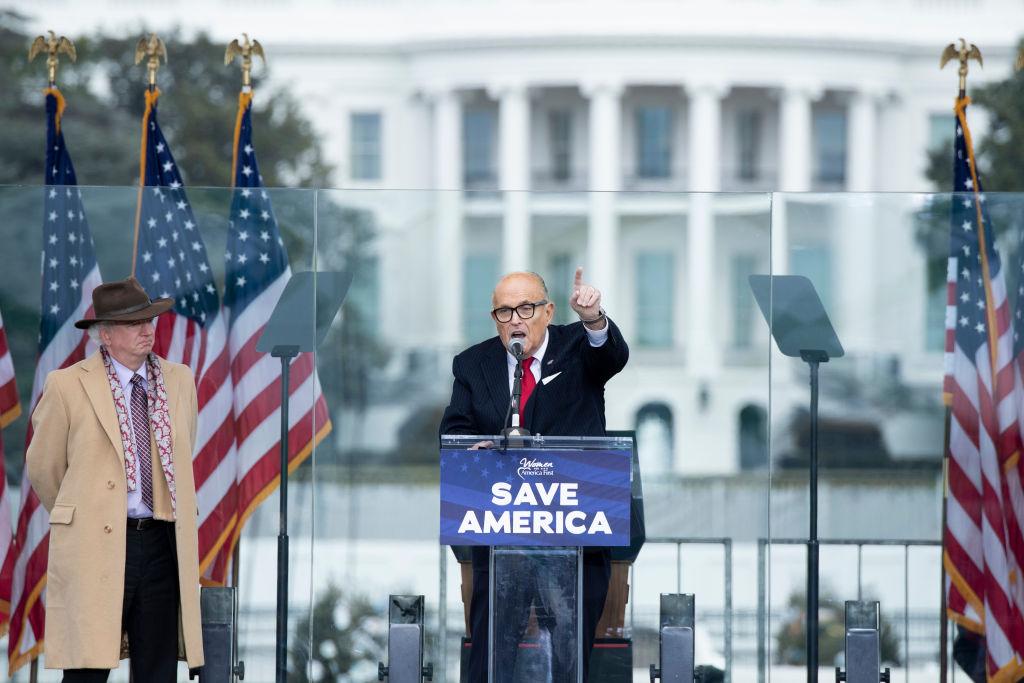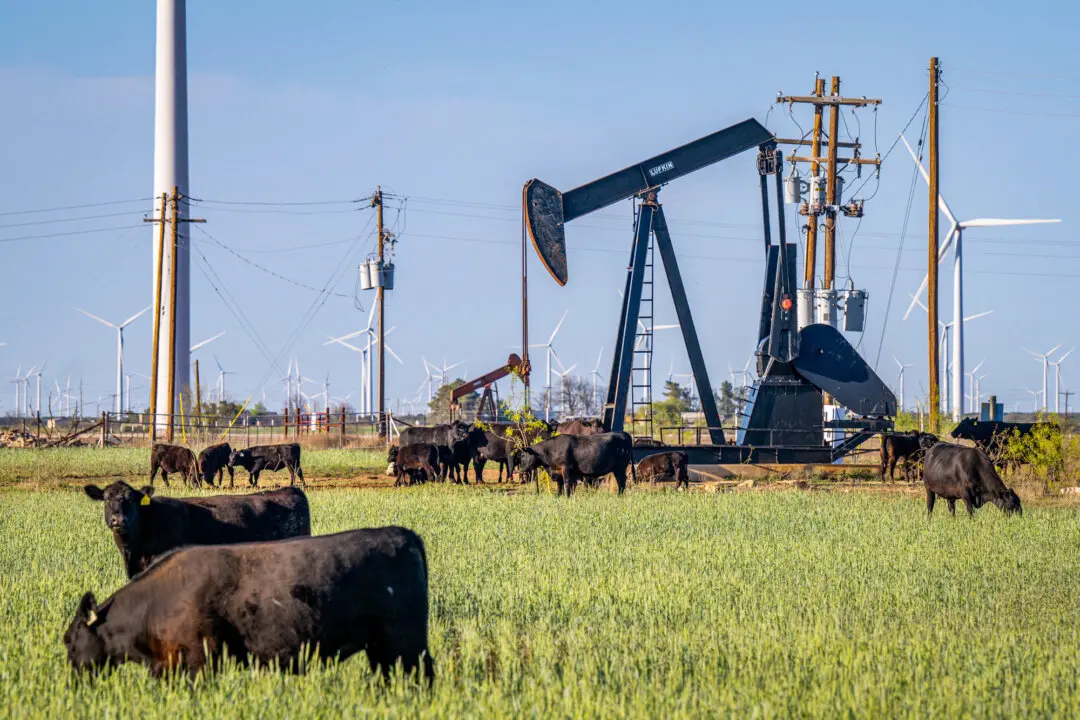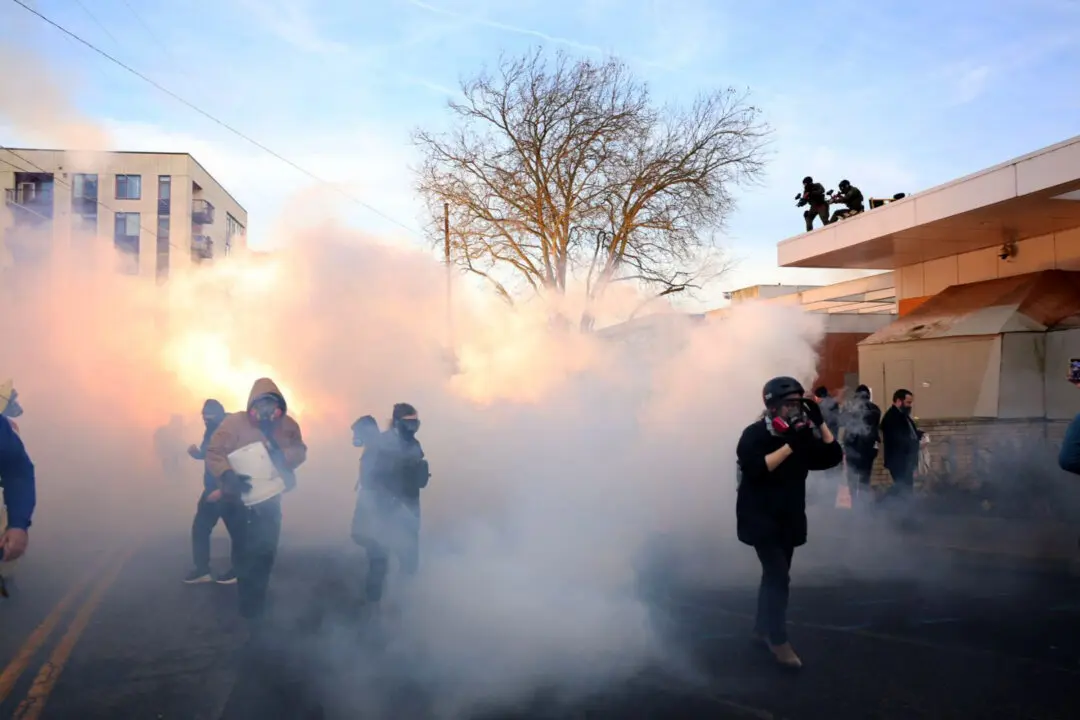After a prestigious academic political science conference sidelined Stop-the-Steal attorney John Eastman and the conservative Claremont Institute in 2021, conservatives decided to organize their own summit.
That idea became a reality in Fort Lauderdale, Florida, with the first American Politics and Government Summit held by the Intercollegiate Studies Institute (ISI) on Feb. 23 and Feb. 24—with contributions from think tanks such as Claremont, the Acton Institute, and the Heritage Foundation.





